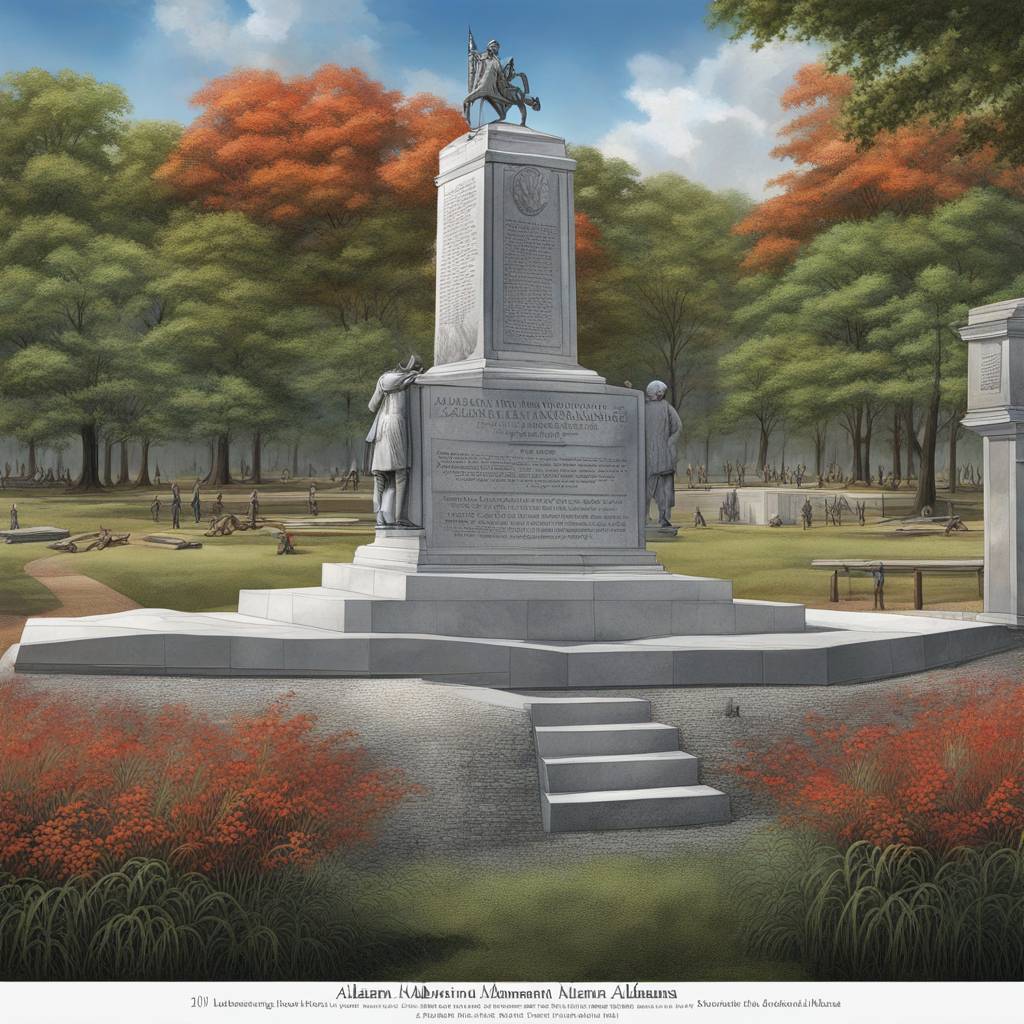Members of the Muscogee Creek Nation gathered in Alabama for a memorial service on the 210th anniversary of the Battle of Horseshoe Bend, where more than 800 Muscogee warriors, women, and children perished while defending their homeland from United States forces. The battle, which took place in 1814, was the single bloodiest day of conflict for Native Americans against U.S. troops and ultimately led to the tribe’s forced removal from the Southeast. Muscogee Creek Nation’s principal chief, David Hill, emphasized that they were there to commemorate and honor the lives and stories of those who fought rather than to celebrate.
On March 27, 1814, 1,000 warriors, along with women and children from six tribal towns, were attacked by a force of 3,000 led by future U.S. President Andrew Jackson at the Horseshoe Bend site. The warriors, known as Red Sticks, were prepared to fight to protect their freedom and loved ones. Despite signing a treaty with the U.S., the Muscogee were eventually forcibly removed to Oklahoma on the Trail of Tears. Some descendants of the tribe returned to the land their ancestors called home to attend the remembrance ceremony and pay their respects to those who lost their lives defending their homeland.
During the memorial service, Muscogee Nation leaders placed a wreath at the battle site made of red flowers in honor of the Red Stick warriors and adorned with six eagle feathers representing the six tribal towns that sought refuge there. The Muscogee Nation announced plans to establish a permanent memorial at the site as a tribute to the warriors and to ensure that their sacrifices are not forgotten. Luminaries were placed on the field at sunset in memory of the Muscogee people who died in the battle, and a song was sung in the Mvskoke language to pay tribute to their legacy.
The emotional significance of the Horseshoe Bend site was evident to Muscogee Nation members, with each visit stirring up strong feelings of pain, overwhelming emotion, and connection to their ancestors. The power of hearing the language and songs of their people resonated deeply, emphasizing the importance of sharing this history and honoring those who fought and died for their way of life. Muscogee Creek Nation’s Secretary of Culture and Humanities, RaeLynn Butler, stressed the emotional impact of visiting the site and the necessity of preserving and passing down this history to future generations.
Despite the tragic events that occurred at Horseshoe Bend, Muscogee Nation leaders and members emphasized the strength and resilience of their tribal towns, culture, people, and ideas that have endured over the centuries. The sacrifices and losses of the 857 individuals who perished in the Battle of Horseshoe Bend have served as a guiding light for the tribe, inspiring them to continue fighting to protect their culture, way of life, and sovereignty. The remembrance ceremony served as a poignant reminder of the bravery and perseverance of their ancestors and the importance of preserving their legacy for generations to come.


